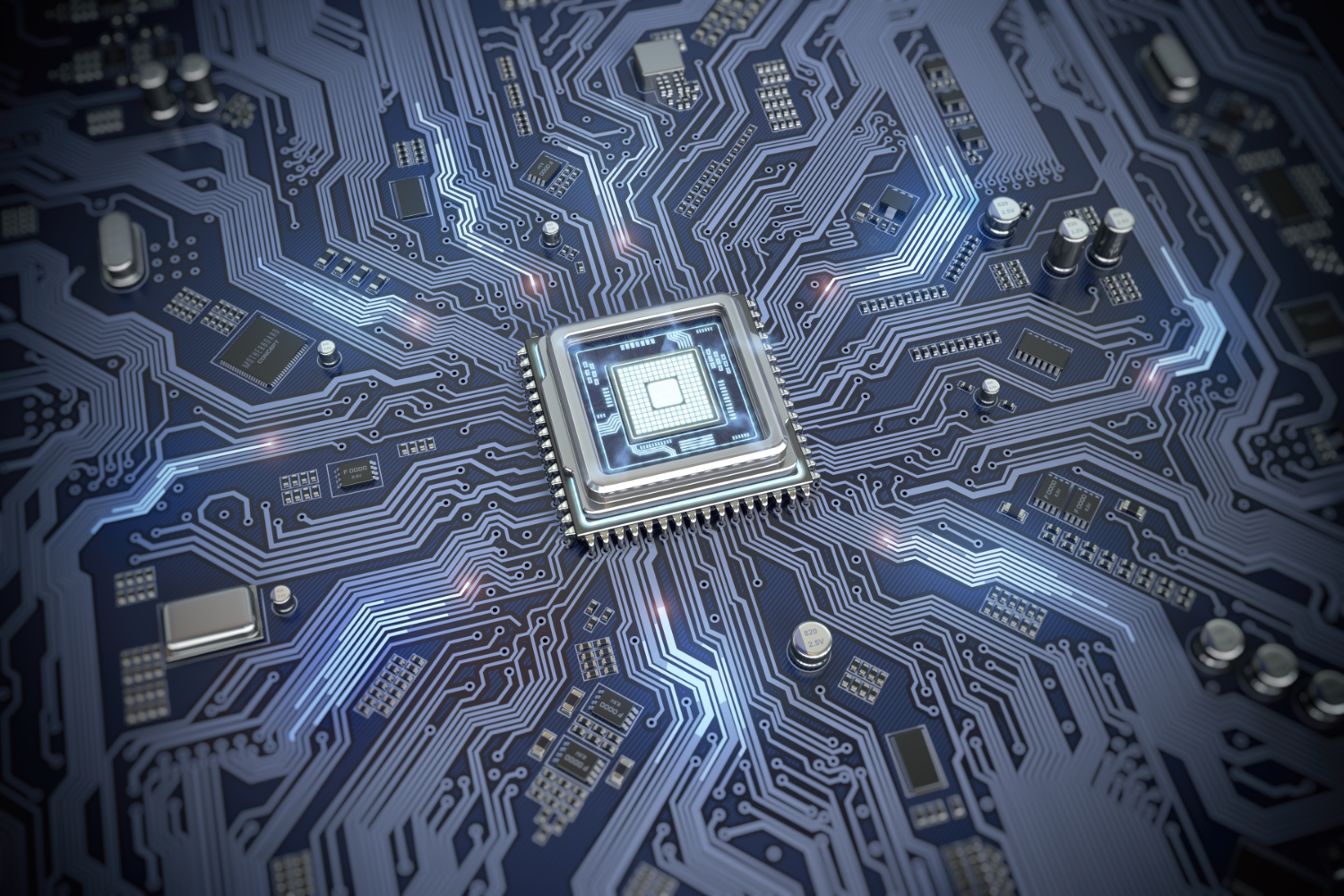IBM Announces New and Improved 53-Qubit Quantum Computer
IBM announced a brand new quantum computer along with a new quantum computing center in New York. The new quantum computer comes with more than twice as many qubits (53 total) than its previous quantum computer (20 qubits) and supposedly with exponentially higher performance, since the performance of quantum computers grows exponentially with the number of qubits.
The new computer will be the largest commercially available quantum computer yet when it's made available in mid October. Beyond the higher number of qubits, it also comes with other improvements, such as a new quantum processor design with more compact custom electronics that reduce interference and error rates.
IBM has stated before that it’s not a fan of just chasing higher qubit counts. This is why it came up with its “quantum volume” formula. It takes into account both the number of qubits and the error rate. A high qubit number doesn’t mean too much unless the error rate is sufficiently small, too. Alternatively, you can’t do much with a quantum computer that has a handful of qubits and zero errors. You need both the high number of qubits and the low error rate. Furthermore, both of these metrics need even larger improvements in the coming years before they can be seen as useful for a larger number of practical applications.
IBM Director of Research Dario Gil said in an official statement that:
“Our global momentum has been extraordinary since we put the very first quantum computer on the cloud in 2016, with the goal of moving quantum computing beyond isolated lab experiments that only a handful organizations could do, into the hands of tens of thousands of users.
The single goal of this passionate community is to achieve what we call Quantum Advantage, producing powerful quantum systems that can ultimately solve real problems facing our clients that are not viable using today’s classical methods alone and by making even more IBM Quantum systems available we believe that goal is achievable.”
IBM’s “Quantum Advantage” is basically the same as Google’s “Quantum Supremacy. ” Both aim to show that at least some applications can be run faster on a quantum computer than they can be on the fastest supercomputer on Earth.
Get Tom's Hardware's best news and in-depth reviews, straight to your inbox.
IBM claims that it has 80 commercial, institutional and academic partnerships in place, which gives IBM some validation that its quantum computers work, at the very least, for research purposes.
Lucian Armasu is a Contributing Writer for Tom's Hardware US. He covers software news and the issues surrounding privacy and security.
-
Rdslw I just wonder when 10-Q or 5-Q things will be included inside normal CPU or GPU. It would be interesting to play with quantum accelerator, even if it will be just marketing name.Reply -
bit_user Reply
Probably never - they wouldn't be able to get the noise low enough to sustain entanglement.Rdslw said:I just wonder when 10-Q or 5-Q things will be included inside normal CPU or GPU.
If you don't care about working with smaller problem sizes, you can already play with IBM's simulator:Rdslw said:It would be interesting to play with quantum accelerator, even if it will be just marketing name.
https://www.ibm.com/quantum-computing/technology/simulator/ -
Alex/AT The more I dig into quantum computing theory, the more it looks like one big fat hyped hoax of 2000s to me. It's not a computer per se, but more like a measurement device for certain quantum states of a predefined circuit, an 'analog computer' with noise levels and margins that never gives any accurate readable/recordable result, and where any next reading will differ.Reply
Yes, it still may act like computation device for specifically designed tasks, but overall it's more of a machine to read states of certain predefined circuits. Like your typical light bulb and thermometer can as well act as a 'computer' for voltage/current-to-thermal conversion where you 'compute' (measure) how much thermal comes out from the light bulb at certain voltage/current with a thermometer.
The biggest issue of this all, as already stated above, is that it gives analog output which is TOO noisy to be used as valid computational result to rely on, except for the very specific cases where you are fine with noisy output and don't need the 100% exact result. If accuracy matters (like with any integer to integer computation), it's not the task for this kind of 'computing' device.
So indeed chemistry where measured particle state is always 'undefined' and changes rapidly may be the good (if not the best and only) viable application for this quantum type of thing. Mechanics (especially engineering mechanics) would probably already be tough for Q'C's because even if particles involved in the 'computing' (measurement) process still act mechanical, with some assumptions and divergencies, precision does actually matter here, and getting stochastic data is not actually tolerable.
Mechanics simulations, like material endurance simulations, can be a task though because the final product acts in a noisy world with lot of interactions. But it's not a computation per se again, it's more of a widely spread stochastic parameter testing and measurements.
